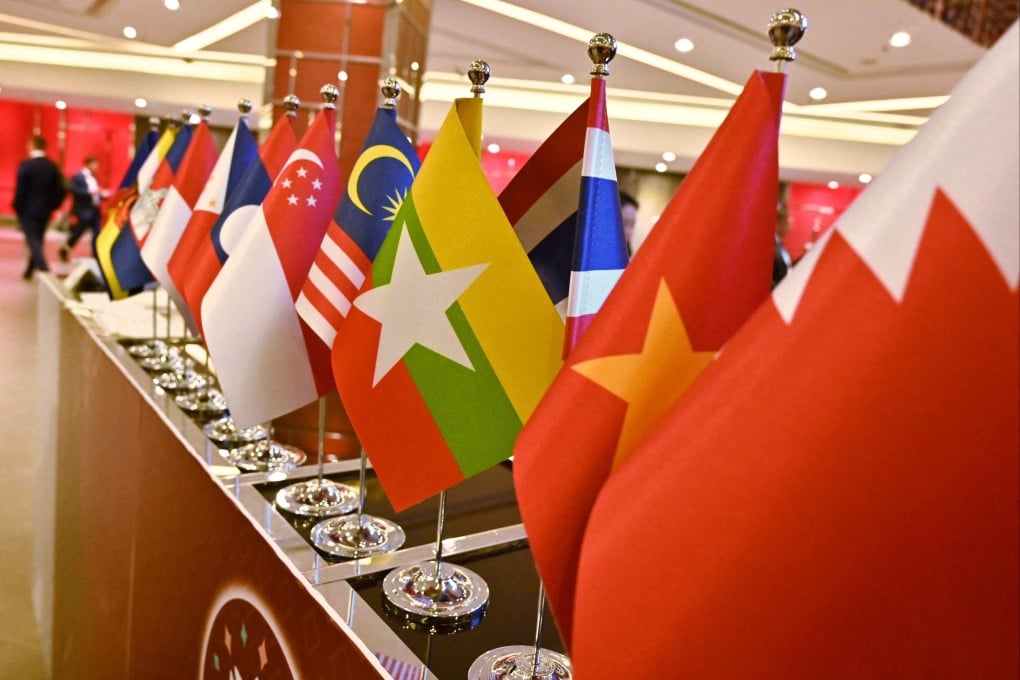Southeast Asia acknowledges China’s influence, but South China Sea tensions sow distrust – study
Southeast Asian elites prefer an Asean-led regional order, despite acknowledging China’s growing influence, but the bloc faces its own challenges

Although China has repeatedly reassured its neighbours that it does not seek to dominate the region, its rhetoric and behaviour reflect two intrinsic motivations, “to blunt US influence and ensure that the region aligns with its core interests, and to establish a regional identity that is distinct from the West’s,” the study notes.
“If China cannot convince its closest neighbours that it is fit to lead the region, it will face an even greater challenge in garnering support to lead globally,” Ho and Lee added.
An overwhelming 80 per cent of respondents said they identified the most with Asean, with China following distantly at 10 per cent, and the US at 5 per cent.
Yet 70 per cent also believed their countries’ policymakers were close to China, except the Philippines, where more than half said their policymakers were not.